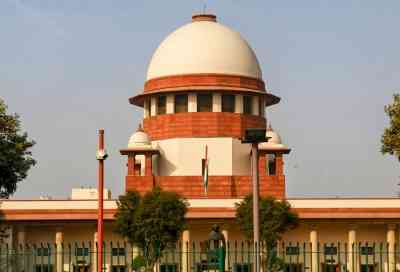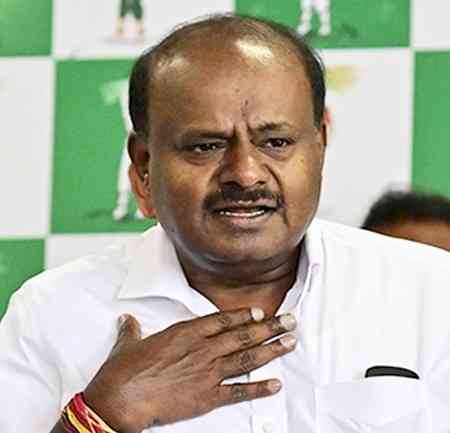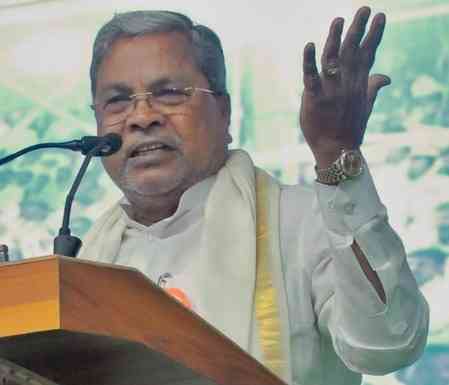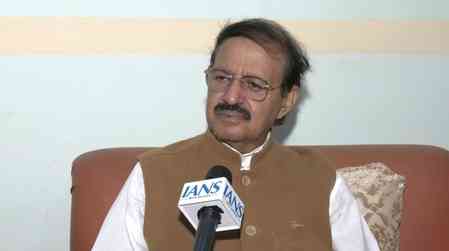Governor can't call for floor test based on difference of opinion of MLAs in party: SC
The Supreme Court on Wednesday observed that the Governor cannot lend his office to effectuate a particular result as it questioned if could the difference of opinion among MLAs within a party could become a sufficient ground for the Governor to call for the floor test?

New Delhi, March 15 (IANS) The Supreme Court on Wednesday observed that the Governor cannot lend his office to effectuate a particular result as it questioned if could the difference of opinion among MLAs within a party could become a sufficient ground for the Governor to call for the floor test?
B.S. Koshyari, who was then the Governor of Maharashtra, had asked the then Chief Minister Uddhav Thackeray to face a floor test to prove his majority. Thackeray, sensing imminent defeat, resigned and this resulted in the appointment of Shinde as the new Chief Minister.
A five-judge bench headed by Chief Justice D.Y. Chandrachud asked Solicitor General Tushar Mehta, representing the Maharashtra Governor, how a difference of opinion among MLAs within a party could become a sufficient ground for the Governor to call for the floor test?
The top court made these observations after Mehta narrated the sequence of events and said there were various materials before the Governor, which prompted him to order a trust vote.
The bench further added that the Governor cannot lend his office to effectuate a particular result and emphasised that calling for a trust vote will lead to toppling of the elected government.
Mehta said the material included: a letter signed by 34 Shiv Sena MLAs, a letter from independent lawmakers withdrawing support to the Uddhav Thackeray government, and another letter from the Leader of the Opposition.
The bench -- also comprising Justices M.R. Shah, Krishna Murari, Hima Kohli and P.S. Narasimha - said the opposition leader's letter did not matter and also the letter from MLAs citing threat to their security was also not relevant in this case.
The bench questioned Mehta if could widespread discontent among the party cadres and legislators' sufficient ground to call for a trust vote?
The bench orally observed: "People will start ditching the ruling party and Governors being willing allies would end up toppling the ruling party. This will be a sad spectacle for democracy."
The bench said Congress and Nationalist Congress Party (NCP) remained a solid bloc and it was only Shiv Sena, where there was dissension and questioned Mehta, can this dissension be sufficient to ask the Chief Minister to face the floor test. "This is our concern and it is very dangerous for democracy," it added.
The Chief Justice said suppose a group of MLAs feels their leader has deviated from the party discipline, then they can always ask for a change of leadership at a forum within the party, but where is the room for the Governor to call for a floor test based on the dissension.
Senior advocate Kapil Sibal, representing the Thackeray faction, in his rejoinder submission said, "We are back to a position of 'aaya Ram-gaya Ram..."
He added that now your political affiliation does not matter, what matters is numbers. The hearing in the matter will continue on Thursday. The top court is hearing petitions in connection with Maharashtra political crisis triggered due to rebellion in Shiv Sena.


 IANS
IANS 








